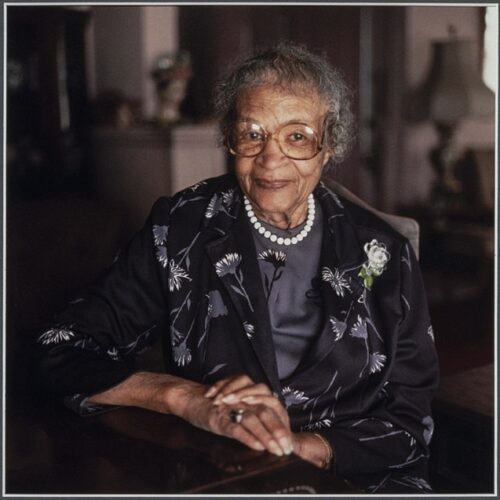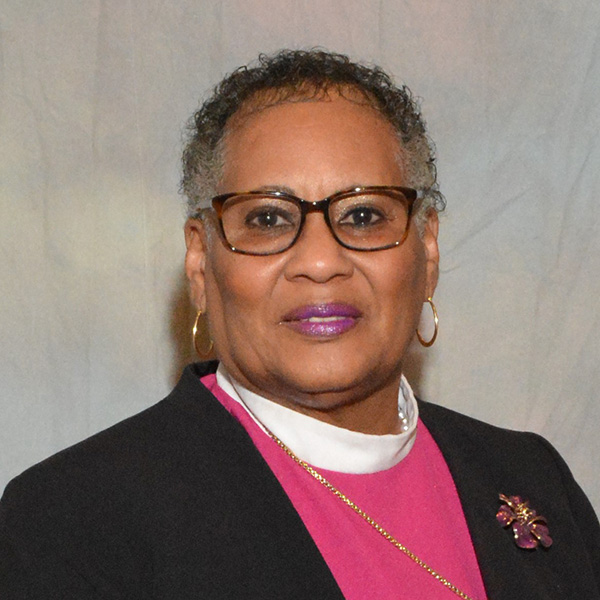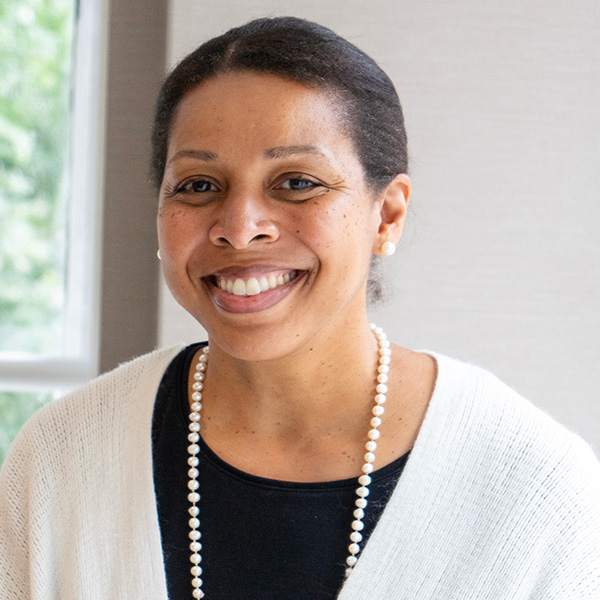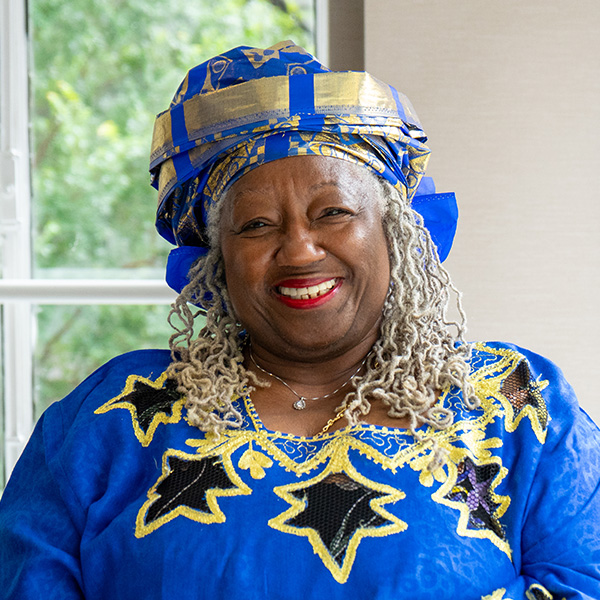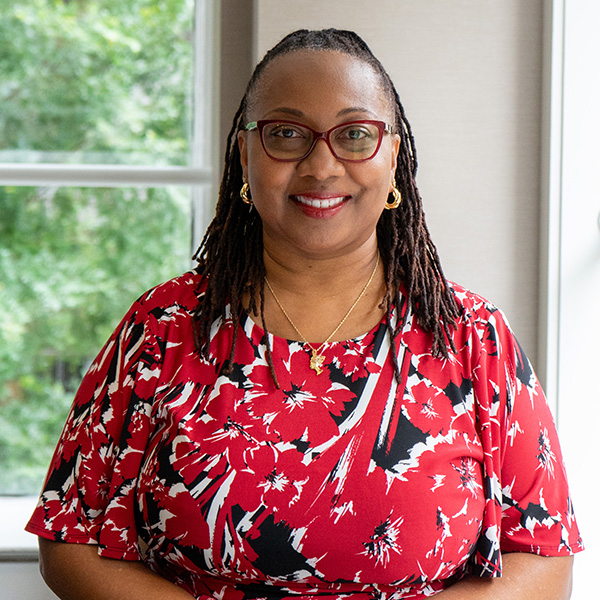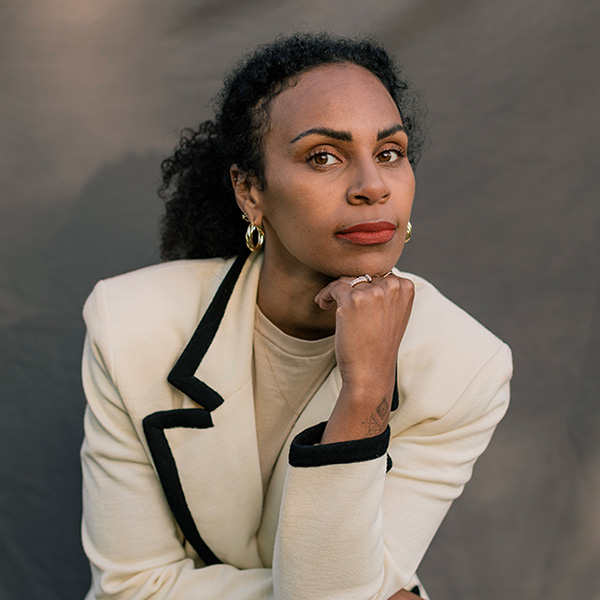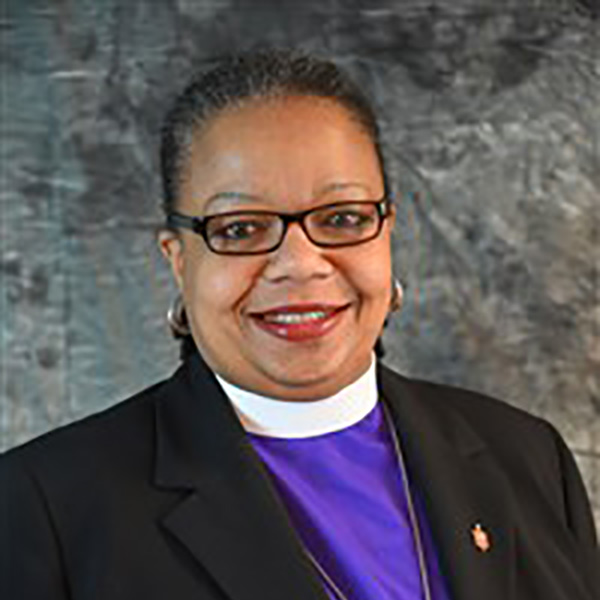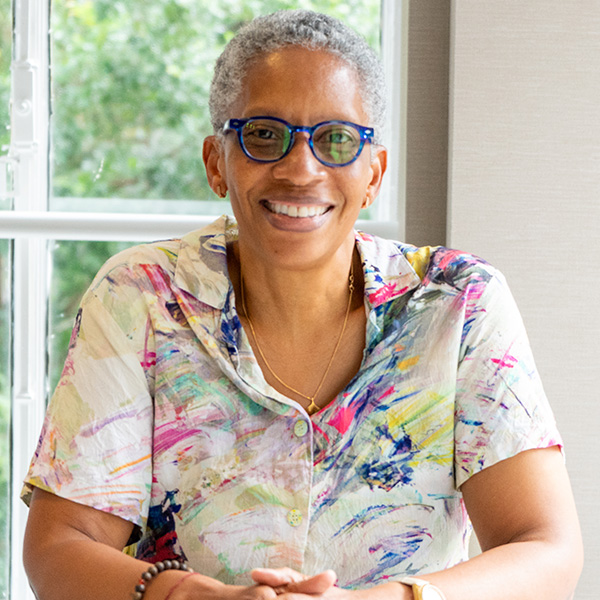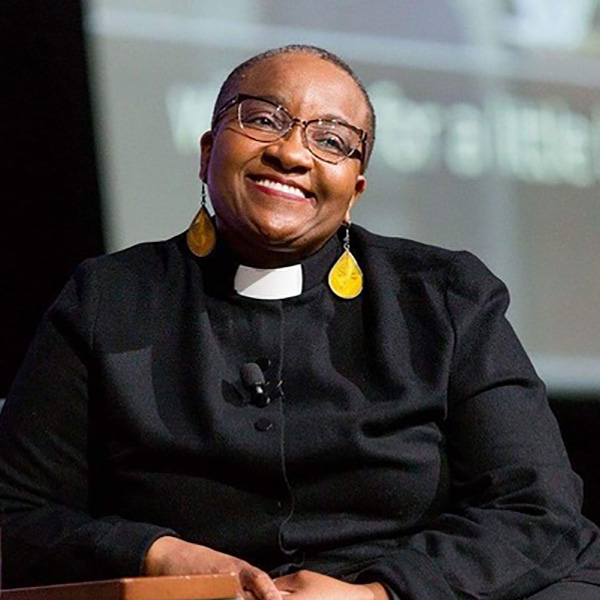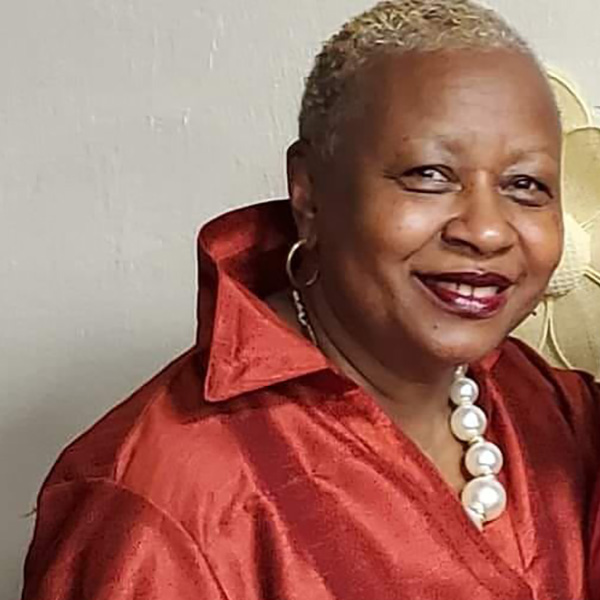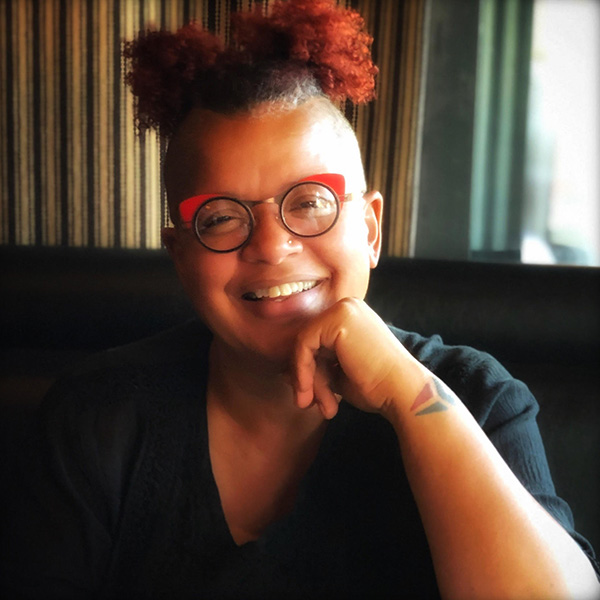Biography
Early Life
Frances Albrier was a pioneering labor activist, a political leader in the Democratic Party, and a founder of the East Bay Women’s Missionary Fellowship.
Frances Mary Redgrey was born in Mount Vernon, New York, on September 21, 1898, to Laura and Lewis Redgrey. After the death of her mother at age three, she and her younger sister moved to Tuskegee, Alabama, to live with their grandparents.
Her grandmother, Johanna Bowen, played a foundational role in her upbringing. She instilled in her a Christian faith and the goal of furthering her education.
She recalled in an oral interview with the Black Women’s Oral History Project, “My grandmother was quite religious and we came up with…two churches: Baptist and Methodist…One we called Baptist Hill and the other was Methodist Hill.”
In later years, Frances would embrace Methodism, but her childhood experiences enhanced her ability to work with multiple church denominations for common causes.
She attended the Tuskegee Institute and studied at Howard University before moving to Berkeley, California, following the death of her beloved grandmother in 1920.
There she found community and love. She married William Albert Jackson in 1922.
Their love story was short-lived when William unexpectedly died in 1930. He left Frances a widow with three small children. Several years later, Frances married Willie Antoine Albrier in 1934.
Social Justice
Her ability to organize and advocate for social justice made her a natural leader.
As a proponent of African American economic empowerment and civil rights, she became involved with several national organizations like the Universal Negro Improvement Association and the National Association of Colored Women.
Throughout the 1930s and 1940s, Albrier led several successful campaigns as President of the Citizens Employment Council. The campaigns included the protest movement “Don’t Buy Where You Can’t Work,” the American Federation of Labor’s Women’s Auxiliary of the Dining Car Cooks and Waiters, and the Postal Service Workers Club.
Her success as a labor leader also impacted her contributions during World War II.
She blazed a trail in the Red Cross as a Motor Corps driver and First Aid instructor. She was also the first African American woman welder in the Richmond Kaiser shipyards.
Civil Activism
Her tenacity and moral commitment to social change extended beyond the United States. In 1960, the National Council of Negro Women selected her to be an organizational representative in the Nigerian Independence Ceremonies.
Closer to home in the Bay area, Albrier was a political trailblazer. She became the first woman elected to the Alameda County Democratic Central Committee in 1938.
A year later, she was the first African American to run in the Berkeley City Council election. Though she did not win the election, she continued to make a substantial impact in her community.
One notable example was helping found the Eastbay Women’s Missionary Fellowship. In her Black Women’s Oral History Project interview, she recalled,
“we decided to have this community-wide missionary fellowship of all churches, where all the women would get together and have meetings and have discussions, so we could understand each other. Out of that was born the East Bay Women’s Missionary…”
Her work led to food and clothes pantries at churches in the Bay area. She explained, “I got it across by telling the missionary fellowship with all of these women, that they should go back to their churches and have a storeroom.”
Albrier maintained her enthusiasm for activism as she grew older.
In the 1970s and 1980s, she served on several government councils, like the White House Conference on Aging, to contribute to discussions about providing adequate elder care and senior citizen resources.
Just a year before her death in 1987, she was elected as President of the Northern California Caucus on Black Aging.
Frances Mary Albrier’s faith guided her throughout her life as an unrelenting advocate for social justice.
